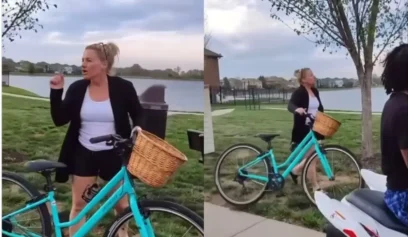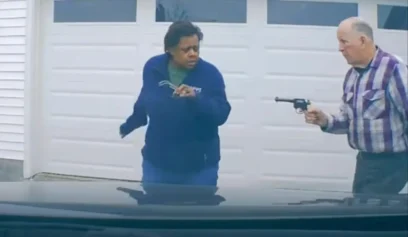Photo courtesy of Pixabay.
A new report conducted by the Drug Policy Alliance and the American Civil Liberties Union revealed racial, ethnic, and age disparities in Fresno, California’s marijuana policing.
According to the analysis, a Black person in Fresno is four times more likely to be charged with marijuana possession than a white person for the same crime. Data from Los Angeles showed similar disproportions, with African-Americans 3.6 times more likely to be cited for marijuana possession. In both cities, Latinos were more likely to be issued marijuana infractions.
“White people consume marijuana at similar rates to Black people and more than Latinos in the U.S.; yet Black and Latino people are disproportionately targeted by law enforcement for low-level marijuana possession infractions,” the report states.
The analysis also reports that in January 2011, the state of California opted to reduce the penalty for possessing one ounce or less of marijuana from a misdemeanor to an infraction. Since the change, misdemeanor arrests for marijuana have dropped by 86 percent.
According to the Fresno Bee, Fresno and Los Angeles were the only police departments to provide data to the Drug Policy Alliance. The publication states that although African-Americans only made up 7.7 percent of Fresno’s population in 2012, they accounted for 21.3 percent of the marijuana citations issued over the subsequent two years. White people on the other hand made up 30.3 percent of the city’s population, yet accounted for just 19.3 percent of marijuana citations.
“Racial disparities in marijuana enforcement are widespread and longstanding,” said Margaret Dooley-Sammuli, Criminal Justice and Drug Policy director for the ACLU of California. “Los Angeles and Fresno are very different places; yet they reveal similar disparities. It’s likely that young black and Latino Californians experience these disparities statewide. A $100 citation can easily become several times that, after all the fees are added. This presents a significant burden for young people and low-income families.”
Rebecca Rangel, a co-chair of the Central California Criminal Justice Committee and a member of the Fresno Police Chief’s Advisory Board, was completely shocked by the disparities revealed in the report.
“Law enforcement is incapable of applying the law equally. What gives?,” she told the Fresno Bee. “That is another black eye for Fresno.”
“We wouldn’t have to say ‘Black Lives Matter’ if their lives were treated like they matter,” Rangel continued. “If you don’t think there’s discrimination in Fresno, think again.”


